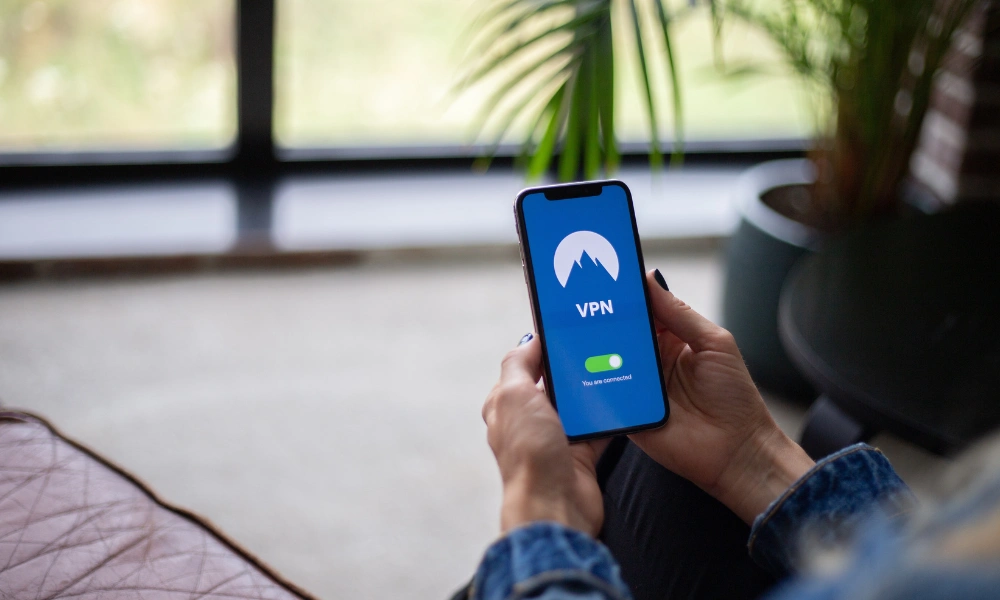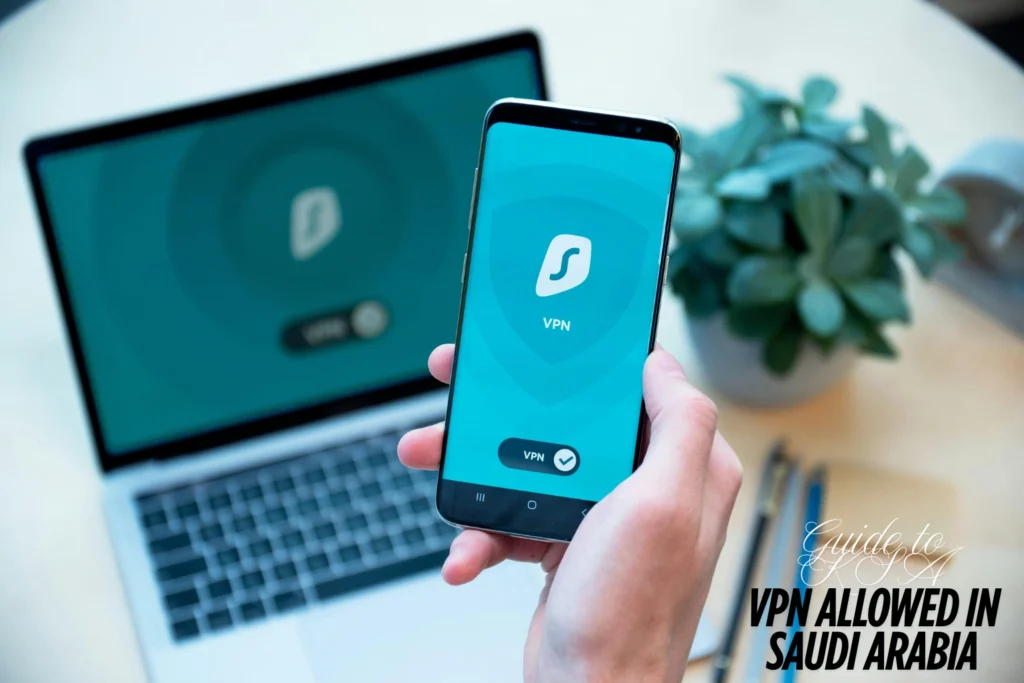Using Is VPN Allowed in Saudi Arabia (Virtual Private Network) a common practice—but VPN allowed?
The short answer: Yes, VPNs are not illegal in Saudi Arabia. However, how you use them matters. Let’s break it down in a simple way.
What Is a VPN?
A VPN is a tool that helps you browse the internet securely and privately by encrypting your connection and hiding your IP address.
Main Benefits:
- Hides your online activity from trackers
- Accesses blocked websites or apps
- Secures your internet on public Wi-Fi
- Bypasses geo-restrictions for streaming or apps
What Is a VPN Used For?
In Saudi Arabia, people use VPNs for various legitimate reasons:
- Watching Netflix, YouTube, or services not available in KSA (vpn for pc, vpn chrome, vpn extension)
- Accessing blocked calling apps (like WhatsApp or Skype)
- Securing data over public Wi-Fi (vpn app, vpn مجاني)
- Browsing anonymously (super vpn, vpn browser apk, vpn master)
However, using a VPN to access illegal, political, or adult content is strictly prohibited and punishable under Saudi laws.
How to Use is VPN in Saudi Arabia
Using a VPN is simple, but you need to do it safely. Here’s how:
Steps:
- Choose a reliable VPN provider
Examples: Proton VPN, Express VPN, Nord VPN - Download the app
Search for terms like vpn download, vpn free download, تحميل vpn - Install before you arrive in Saudi Arabia
Some VPN sites are blocked locally - Turn on the VPN before browsing
Tips:
- Use stealth or obfuscated VPN features to avoid detection
- Avoid using free VPNs that don’t guarantee data protection
- VPN apps with servers outside the Middle East tend to perform better
Is VPN Legal in Saudi Arabia?
Here’s what you need to know, based on local reports including from Life in Saudi Arabia:
- VPNs are not banned by law.
- There’s no punishment for just using a VPN, if it’s used for legal purposes.
- Accessing prohibited websites (e.g., gambling, adult content, anti-Islamic sites) even through a VPN is still illegal and punishable.
- VPN websites may be blocked, making it harder to download a VPN once you’re in Saudi Arabia.
Important: No one has been publicly fined or arrested just for using a VPN for privacy or legal streaming.

Safe VPNs to Use in Saudi Arabia
Here are some trusted VPN providers known for strong privacy:
- Proton VPN – Free plan with stealth mode
- NordVPN – Fast, strong encryption, good server coverage
- ExpressVPN – Reliable for unblocking content
- Turbo VPN – Easy to use, basic features for beginners
- Super VPN – Simple and fast (but limited free version)
Final Tips
- Using is VPN in Saudi Arabia allowed if used for legal purposes
- Avoid accessing restricted content even when connected to a VPN
- Always install a VPN before visiting the country
- Stick to safe, reliable, and paid VPNs when possible
Conclusion
VPNs are a useful tool for privacy, freedom, and security. In Saudi Arabia, they are not banned, but you must use them wisely and legally.
If you’re looking to stay private online, stream international content, or protect your data—a VPN can help. Just be smart, use trusted apps, and avoid breaking the law.
FAQs
1. Is it illegal to use is VPN in Saudi Arabia?
No, VPN usage is not illegal in Saudi Arabia. However, using it to access banned or illegal content is against the law.
2. Can I download a VPN while in Saudi Arabia?
Some VPN websites are blocked inside the country. It’s best to download and install the VPN before arriving.
3. What are VPNs commonly used for in Saudi Arabia?
People use VPNs to access video streaming, messaging apps, and to protect their privacy on public Wi-Fi.
4. Will I get punished for using a VPN?
There are no known cases of punishment for legal VPN use. Penalties apply only if you access prohibited content.
5. Which VPNs work best in Saudi Arabia?
Trusted options include Proton VPN, ExpressVPN, NordVPN, Turbo VPN, and Super VPN—especially those with stealth or obfuscation features.


